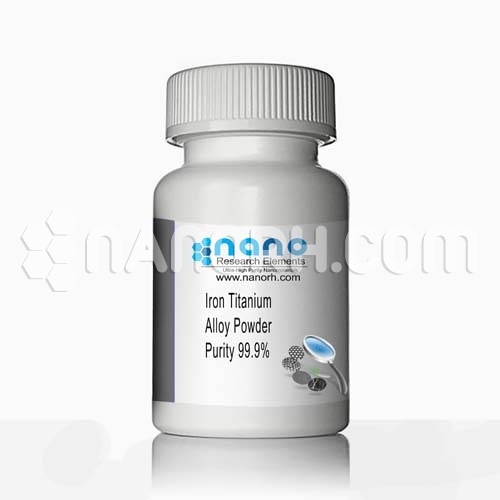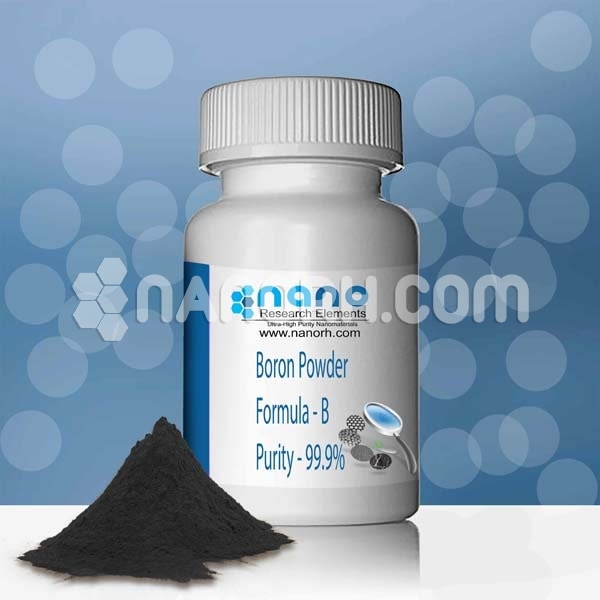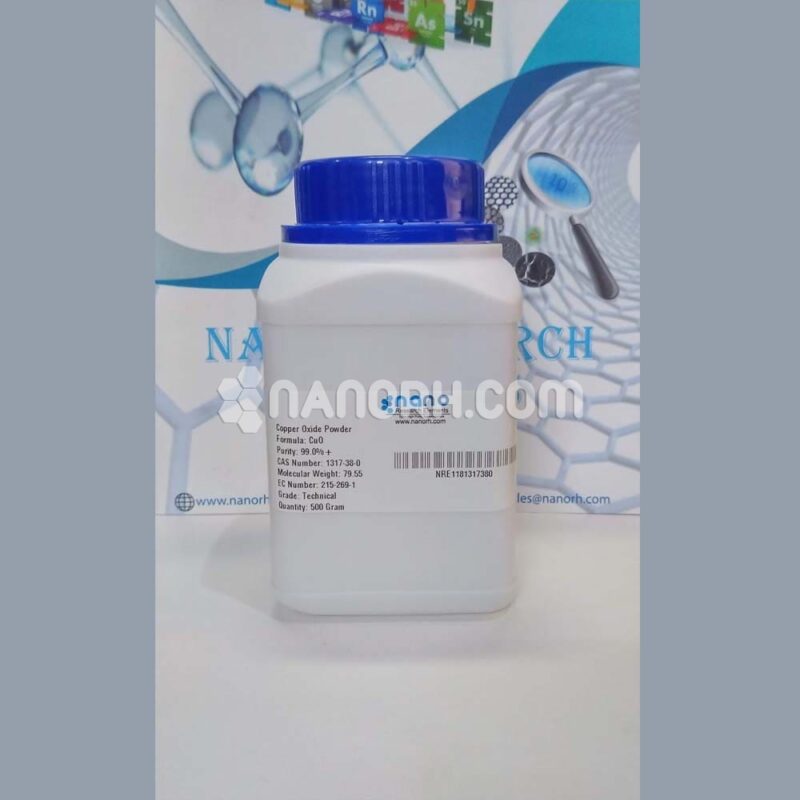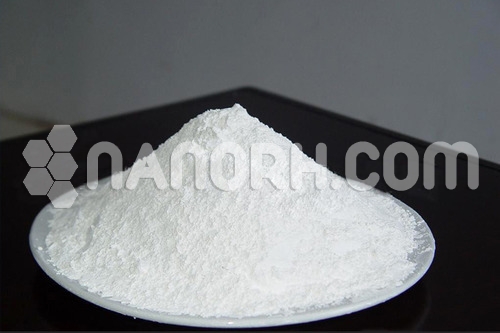| Iron Titanium Alloy Powder | |
| Product No | NRE-9020 |
| CAS No. | 7439-89-6 / 7440-32-6 |
| Formula | Fe-Ti |
| Molecular Weight | 103.712 g/mol |
| APS | <40 um (Can be Customized) |
| Purity | 99.9% |
| Density | NA |
| Color | Gray |
| Melting Point | NA |
| Boiling Point | NA |
Iron Titanium Alloy Powder
Applications:
Aerospace and Aviation:
Aircraft Components: Iron Titanium alloys are used in aircraft components where lightweight and strength are crucial. The alloy’s strength-to-weight ratio and corrosion resistance make it ideal for parts such as engine components, turbine blades, fuel tanks, and aircraft structural components.
Jet Engines: The high-temperature stability and strength of Iron Titanium alloys make them useful for parts exposed to extreme thermal stresses in jet engines and turbines.
Automotive Industry:
Lightweight Parts: The alloy’s high strength and low density make it suitable for producing lightweight automotive parts, such as engine components, suspension systems, and brake components, improving fuel efficiency and performance in electric and hybrid vehicles.
High-Performance Vehicles: Iron Titanium alloys are also used in high-performance automotive parts like gears, shafts, and brakes that require strength, durability, and resistance to wear under extreme conditions.
Chemical and Petrochemical Industries:
Corrosion-Resistant Equipment: The corrosion resistance of Iron Titanium alloys makes them highly suitable for use in chemical processing environments where exposure to aggressive chemicals and high-temperature conditions is common. Applications include reactor vessels, heat exchangers, and piping systems in industries like petrochemical production and pharmaceutical manufacturing.
Marine Applications: The resistance to saltwater corrosion also makes Iron Titanium alloys ideal for use in marine equipment, such as offshore platforms, ship components, and underwater structures.
Energy Industry:
Power Generation: Iron Titanium alloys are used in power generation equipment, including turbine blades, generator components, and heat exchangers. Their thermal stability and corrosion resistance help improve efficiency and longevity in nuclear reactors, gas turbines, and solar energy systems.
Oil and Gas: In the oil and gas sector, the alloys are used for parts such as drill bits, pumps, and valves that are exposed to abrasive conditions, high pressures, and corrosive environments.




